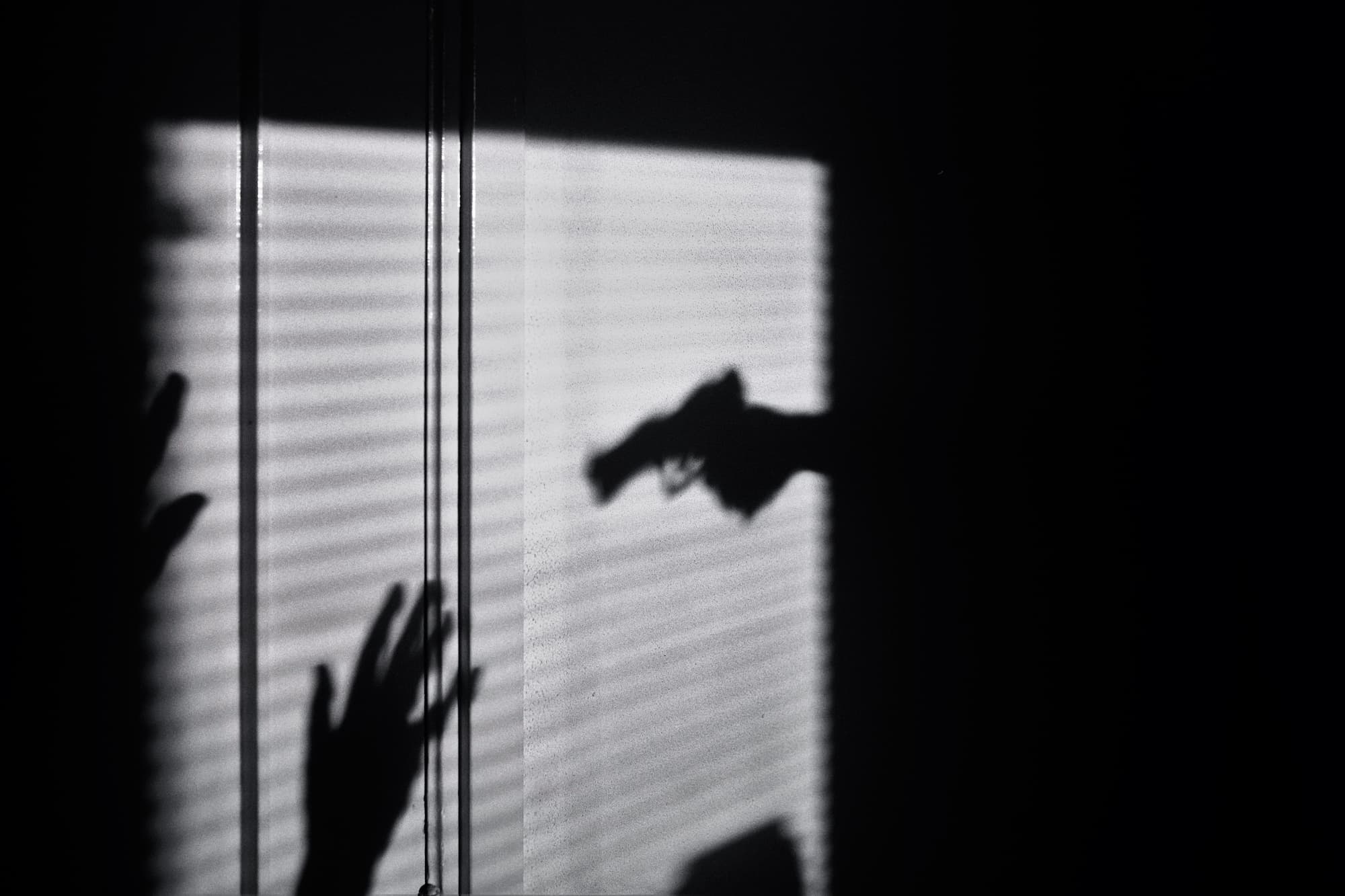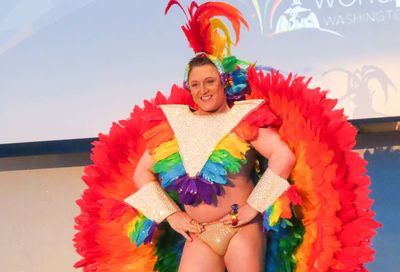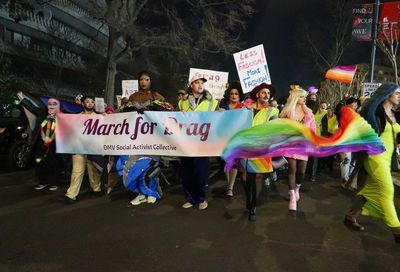W.H.O. Director: Gay and Bi Men Should Reduce Number of Sex Partners
Infectious disease experts advise cutting back on sexual contact, especially with multiple partners, until the outbreak is under control.

The head of the World Health Organization has advised gay, bisexual, and other men who have sex with men to reduce the number of sexual partners they have in order to curb the spread of monkeypox.
The United Nations agency declared the current outbreak a “global health emergency” over the past weekend, a designation that sends a message to public health officials that a global response is needed to stop the spread of the virus, primarily by vaccinating those populations at highest risk of acquiring it.
W.H.O. Director-General Tedros Adhanom Ghebreyesus, noted during the W.H.O.’s weekly press conference that recent studies have found that 98% of confirmed global monkeypox virus (MPV) cases have occurred among men who have sex with men, reports The Associated Press.
“This is an outbreak that can be stopped, if countries, communities, and individuals inform themselves, take the risks seriously, and take the steps needed to stop transmission and protect vulnerable groups,” Tedros said. “For men who have sex with men, this includes, for the moment, reducing your number of sexual partners, reconsidering sex with new partners, and exchanging contact details with any new partners to enable follow-up if needed.”
The W.H.O.’s advice on limiting or reducing the number of sexual partners goes beyond what the Centers for Disease Control and Prevention have recommended, which is to avoid skin contact with someone who may be infected.
Keletso Makofane, a social network epidemiologist at Harvard’s FXB Center for Health and Human Rights, told Stat, a specialized health news website, that Tedros’s recommendations are appropriate at this time, but warned that health officials need to be careful about making sure their tone or language doesn’t disparage sex or imply that there is something inherently wrong with same-sex activity. Such negative comments can increase feelings of shame and may lead some infected individuals to avoid seeking treatment out of concern that they are being judged by health care providers.
That said, Makofane noted that limiting certain sex practices “is one tool, among many tools” that people can use to reduce their risk of acquiring or transmitting the virus, in order to protect the larger community.
Makofane, who is affiliated with RESPND-MI, an LGBTQ community-led survey studying monkeypox cases and providing information about the outbreaks, vaccines, and treatments, noted that the group has issued guidance for having safer sex during the outbreak. That guidance includes reducing group sex and sex in places where people are likely to engage in anonymous or condomless sex, among other behaviors.
“It might be time to hang up the group sex and saunas until we all get shots one and two of the vaccine,” the guidance reads. “This is temporary and out of a love for group sex and those who enjoy it.”
Tedros also warned that monkeypox can spread through other means beyond sexual contract, such as hugging, kissing, brushing up against lesions, or sharing contaminated towels or bedding. He added that stigmatizing infected individuals would only worsen the outbreak.
The W.H.O. recommends that infected individuals isolate and avoid being in close physical contact with others, though it can take up to four weeks for lesions to scab over and be replaced with new skin, at which point a person is no longer contagious.
Tedros also pleaded with social media platforms to actively stop misinformation about the virus or monkeypox from spreading online — which could also have the affect of exacerbating the outbreak or discouraging people from seeking treatment due to fear of violence or stigmatization.
Dr. Anthony Fauci, the director of the National Institute of Allergy and Infectious Diseases, recently expressed similar concerns about stigmatizing groups with high rates of infection, such as gay and bisexual men, reminding people that “[t]he enemy is the virus, not anybody who’s being afflicted with the virus.”
Support Metro Weekly’s Journalism
These are challenging times for news organizations. And yet it’s crucial we stay active and provide vital resources and information to both our local readers and the world. So won’t you please take a moment and consider supporting Metro Weekly with a membership? For as little as $5 a month, you can help ensure Metro Weekly magazine and MetroWeekly.com remain free, viable resources as we provide the best, most diverse, culturally-resonant LGBTQ coverage in both the D.C. region and around the world. Memberships come with exclusive perks and discounts, your own personal digital delivery of each week’s magazine (and an archive), access to our Member's Lounge when it launches this fall, and exclusive members-only items like Metro Weekly Membership Mugs and Tote Bags! Check out all our membership levels here and please join us today!

























You must be logged in to post a comment.